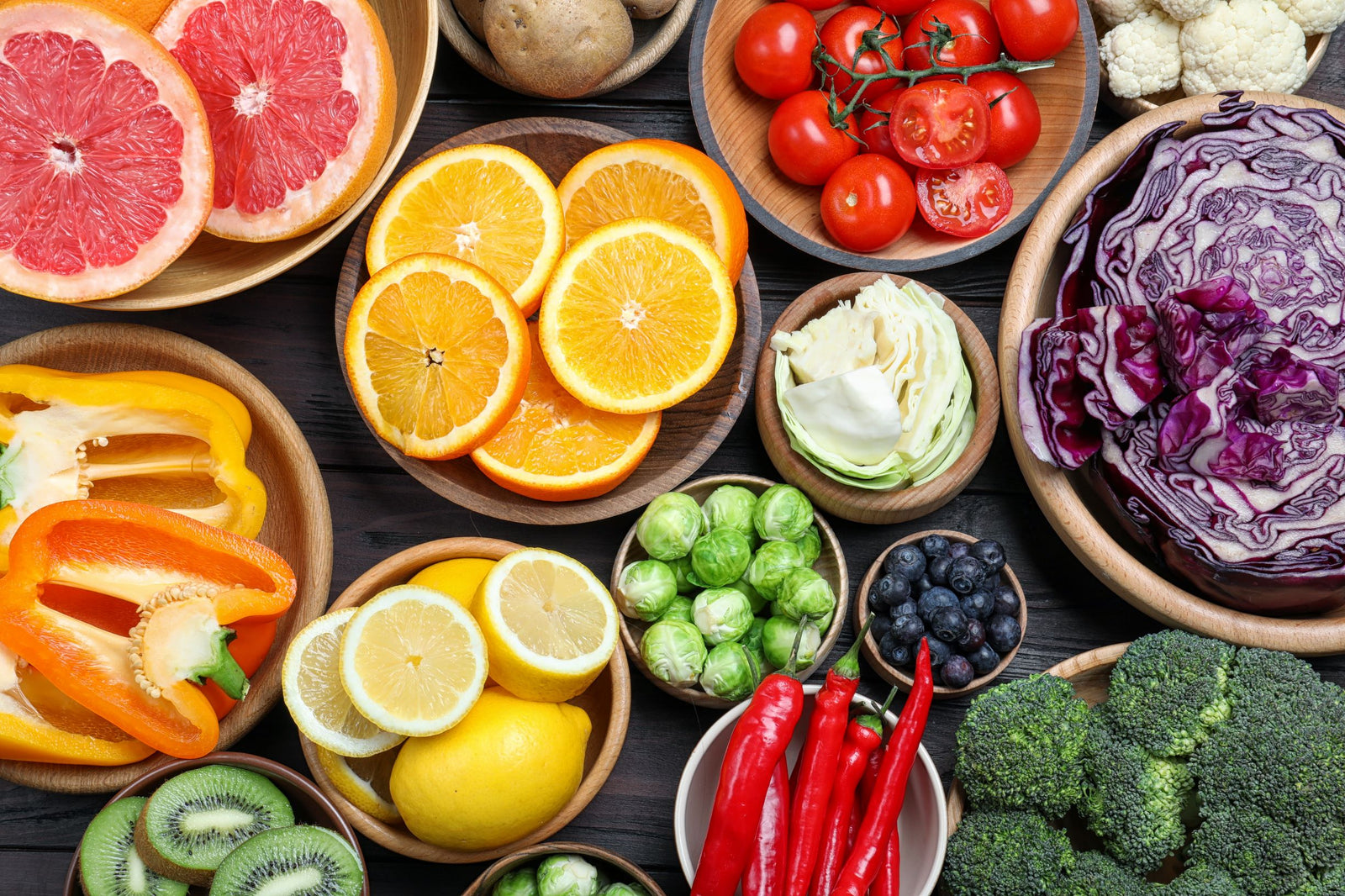FREE SHIPPING AT $150!
ONLY
$100.00 AWAY FROM FREE SHIPPING!
ONLY
$100.00
AWAY FROM FREE SHIPPING!
ONLY
$100.00 AWAY FROM FREE SHIPPING!
ONLY
$100.00 AWAY FROM FREE SHIPPING!
ONLY
$100.00 AWAY FROM FREE SHIPPING!
YOU'VE EARNED FREE SHIPPING!




